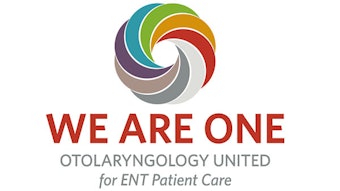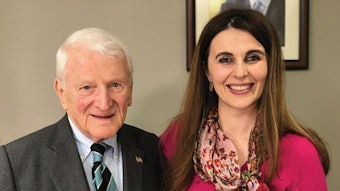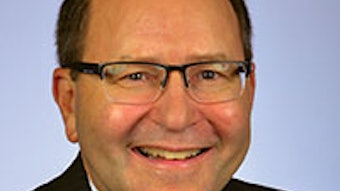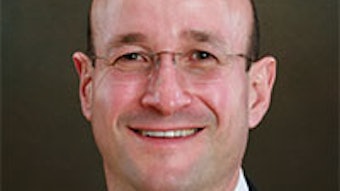In Memoriam: Bobby R. Alford, MD
Lawrence M. Simon, MD Few physicians have had a larger impact on our specialty than Bobby R. Alford, MD, who recently passed after a legendary 56-year career. For me, he will always be “my Chairman,” and it is with honor that I attempt to capture what he meant to countless otolaryngologists.
Lawrence M. Simon, MD
 Bobby R. Alford, MD
Bobby R. Alford, MD
The philosopher Will Durant wrote, “Excellence, then, is not an act, but a habit.” Dr. Alford embodied this quote. As put by Ronald B. Kuppersmith, MD, MBA, Past President of the AAO-HNS, “He set the standard at excellence that he personally surpassed, and everyone who had the good fortune to be around him benefited from his example.” Dr. Alford drilled excellence into all of us at his legendary Morning Meetings, where one of the quickest routes to a reprimand was to use the phrase, “The enemy of good is better.” For over 50 years he reminded all around him that we can always do better and that only our very best is acceptable. Moreover, he lived what he taught by nearly always being more critical of himself than he was of others. As Randal S. Weber, MD, former Chair of Head and Neck Surgery at M.D. Anderson, remembers, “He imbued in me the unwavering goal … to always strive for personal best. He set high expectations for himself and his residents to always strive for excellence. … He expected nothing less of himself and those he trained.”
As a direct consequence of his commitment to excellence, Dr. Alford rapidly became a national figure. He aggressively worked to expand our scope of practice to dominate head and neck surgery, and he oversaw the unification of the American Academy and Council of Otolaryngology into the society that we know today as the AAO-HNS. He was also Chair of the Department of Otolaryngology-Head and Neck Surgery at Baylor College of Medicine for over 40 years. During his tenure, he imbued generations of physicians with a deep commitment to leadership and public service. As a result, Dr. Alford’s trainees have produced more than 18 department chairs, three AAO/HNS presidents, four ABOto presidents, and two ABOto executive directors, not to mention the myriad civic leaders, state medical society presidents, renowned researchers, and founders of some of the nation’s most successful practices. As Angela K. Sturm-O’Brien, MD, put it, “It (only) takes a quick stroll along the wall with the photos of every graduating class to understand the breadth and depth of Dr. Alford’s legacy, and only a short chat with one of us to see how his influence is still very present in our lives.”
Dr. Alford’s legacy of leadership also extends beyond otolaryngology. Dr. Alford was a founder of the National Space Biomedical Research Institute, an achievement that earned him the NASA Distinguished Public Service Medal and has extended his influence to the most prominent minds in spaceflight medicine. Lastly, Dr. Alford served as Executive Vice-President and Dean of Medicine at Baylor for nearly 20 years. Through this role, he oversaw the growth and expansion of nearly all Baylor’s residency programs. As a result, there are few physicians from any specialty who trained at Baylor in the past 25 years that Dr. Alford did not influence.
Yet even in light of all these accomplishments, Dr. Alford’s most enduring quality remained his humility. Dr. Kuppersmith recalls informing Dr. Alford about the establishment of the endowment that now bears his name: “When I approached him about setting up the research grant, he didn’t want me to do it and told me he had not accomplished very much in his career.” Given that Dr. Alford accomplished as much as 10 people in his lifetime, this story still leaves me speechless. Dr. Alford was the consummate gentleman, and his humility remains an inspiration.
In conclusion, Dr. Alford led a life devoted to the service of others and the advancement of medicine. He forever shaped the doctor that I am, and I still think of how I would present a patient to him. I will leave you with one last quote from Donald T. Donovan, MD, who succeeded Dr. Alford as chairman: “He inspired me to want to be a better physician than I ever thought possible. He was a role model of professionalism not only as a physician but as a living example of a life of service to enduring educational institutions and to society at large.” May he rest in peace.













